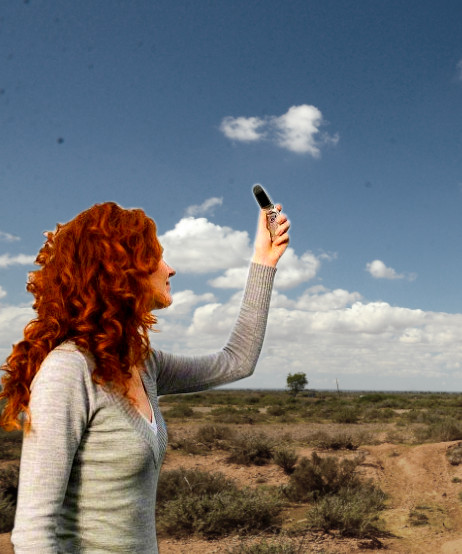NT calls for telco action
 The Northern Territory says progress is being slowed by excess regional telecommunications reviews.
The Northern Territory says progress is being slowed by excess regional telecommunications reviews.
The NT Government says a “plethora” of reviews could be damaging investment and development in regional areas.
“The direction for telecommunications services, particularly in regional and remote areas, is difficult to reliably determine and plan given the multiplicity of reviews and inquiries being progressed and the extent of changes potentially contemplated,” it said in a submission to the 2018 regional telecommunications review.
“The plethora of reviews indicates a state of flux with potential for divergent and substantial service impacts in remote areas, and sets a background of uncertainty and confusion which is not conductive to investment ad economic advancement.”
Regional telecommunications reviews were conducted in 2008, 2012 and 2015, but not much has changed since then.
“The Territory Government and other territory organisations and individuals have provided input into multiple telecommunications reviews and inquiries over the years and it’s caused nothing but confusion and uncertainty,” NT Minister for Corporate and Information Services Lauren Moss said.
“We don’t need another review. We know what the issues are – we need investment and action.”
The NT submission - available here in PDF form – says that while urban centres in the Territory are fairly well served, thousands of people in remote communities are missing out.
“We have 21 remote communities with no mobile phone service, 33 with no fixed internet service and 37 connected to the NBN via unreliable or unsuitable satellite services,” Ms Moss said.
Mobile phone coverage “is almost always provided by one service provider” in remote communities, while landline coverage is consistently disconnected.
“The NT government is receiving reports that basic landline telephone services, which remain the primary means of connecting with the outside world in very remote areas, are in jeopardy, owing to lack of skilled technicians able to work with the outdated technology equipment in these areas,” the territory's submission states.
“Instances are being advised of public and private landline telephone outages extending for month and leaving families and communities isolated.”
The government acknowledges that getting good services in remote areas “cannot be achieved on solely commercial grounds”, but says it is willing to jointly-fund remote telco infrastructure programs.
It welcomed the opportunity for the NBN to open up “opportunities for online communication in remote areas”, including the recent doubling of data limits for Sky Muster satellite service users, but said this is “not sufficient to provide the standards of service that is necessary to close the digital divide”.
“Of the 29 per cent of remote NT residents and businesses scheduled to receive the NBN via Sky Muster satellite, almost half do not have mobile phone access and have no alternative internet access, even using costly mobile phone data," the government said.
“To date less than 20 per cent of the potential NBN satellite broadband users in remote NT have taken up the service, leaving over 80 per cent without access to the NBN.
“Remote NT residents are not choosing to have satellite dishes installed and to sign-up to monthly data plans, evidencing that this model is not meeting their needs.
“It is important to ensure the digital divide is not exacerbated by the regional implementation of pre-defined NBN solutions and other remote telecommunications where extant infrastructure can support superior solutions, such as fixed wireless.”







 Print
Print